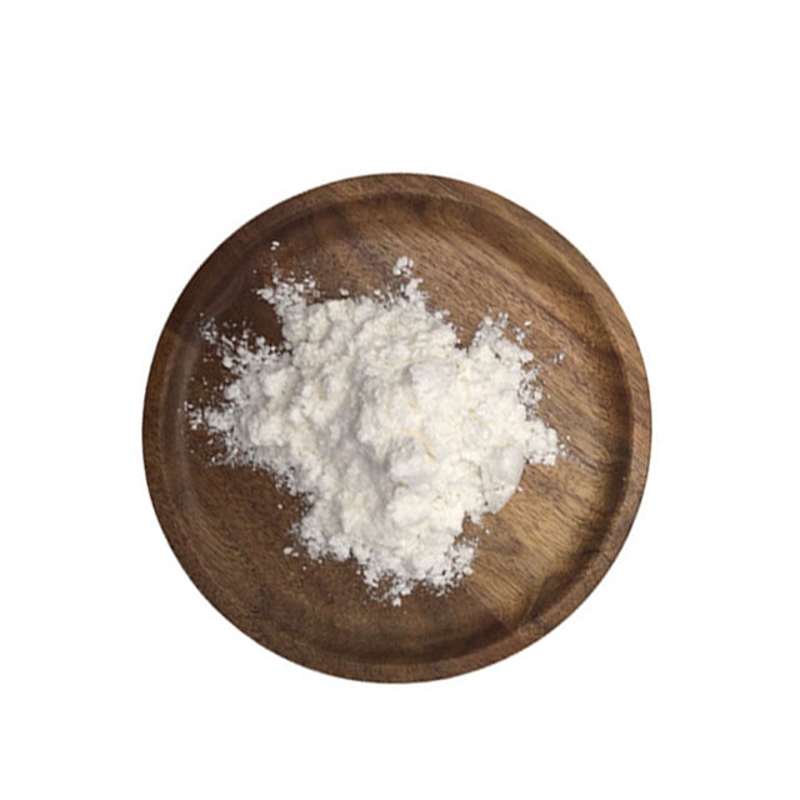-
Categories
-
Pharmaceutical Intermediates
-
Active Pharmaceutical Ingredients
-
Food Additives
- Industrial Coatings
- Agrochemicals
- Dyes and Pigments
- Surfactant
- Flavors and Fragrances
- Chemical Reagents
- Catalyst and Auxiliary
- Natural Products
- Inorganic Chemistry
-
Organic Chemistry
-
Biochemical Engineering
- Analytical Chemistry
- Cosmetic Ingredient
-
Pharmaceutical Intermediates
Promotion
ECHEMI Mall
Wholesale
Weekly Price
Exhibition
News
-
Trade Service
The most common metastatic target organ for colorectal cancer (CRC) is the liver.
CRC patients found that about 15% to 20% of CRC patients had liver metastasis, and the remaining 60% had liver metastasis or tumor recurrence in subsequent treatment, which is the main cause of CRC's poor efficacy and death.
The circulatory tumor cells (CTCs) of primary tumors and metastases play an important role in the metastasis process, the loss of the substrate membrane, and the invasion of the substrate mobilized into blood vessels, and the overextendation of phosphatases in liver regenerative enzymes 3 (PRL-3) and epithyl-interstitial conversion (EMT) is considered to be the most important change, associated with CRC migration, invasion and metastasis.
, this study explores the prognostic significance of PRL-3 (M -PRL-3 plus CTC) and interstitcharged circulatory tumor cells (CTC) in postoperative CRC patients.
researchers tested the expression of CTC subtypes (including endothystypes, double esocelistic/intersupcharged CTC and intersupcharged CTC) and PRL-3 from 156 CRC patients.
the subject's work characteristic curve analysis (ROC curve), Kaplan-Meier analysis and Cox proportional risk regression analysis to identify the prognostic value of PRL-3 plus interstititional CTC.
immunologic chemistry is used to detect the expression of PRL-3 in some patients' tumor tissues to explore the link between CTC and tissue.
results showed that all CTC in all samples were positive, as were intercharged CTC and PRL-3 positive cells.
the expression of interstate charge and PRL-3 plus CTC is significantly positively corred with recurrence, with an optimal critical value of 2 (area below the curve: 0.690, P -lt;0.001).
addition, based on multivariable and polynolytic logic regression, the medium disease-free survival of these patients was significantly shorter than that of patients who did not meet the criteria (8.5 vs. 24 months, P.lt;0.001).
immunoglostification techniques were used to explore the association between PRL-3 expression and important prognoscation risk factors, and found that PRL-3 and recurrence (R s 0.566; the status of the M-PRL-3 in the P-lt;0.001) and CTC (R -0.452; There is a clear correlation between P and 0.001).
, the researchers concluded the paper by saying that the status of M-PRL-3 plus in circulatory tumor cells may be an important prognostic indicator for evaluating clinical outcomes of CRC.







